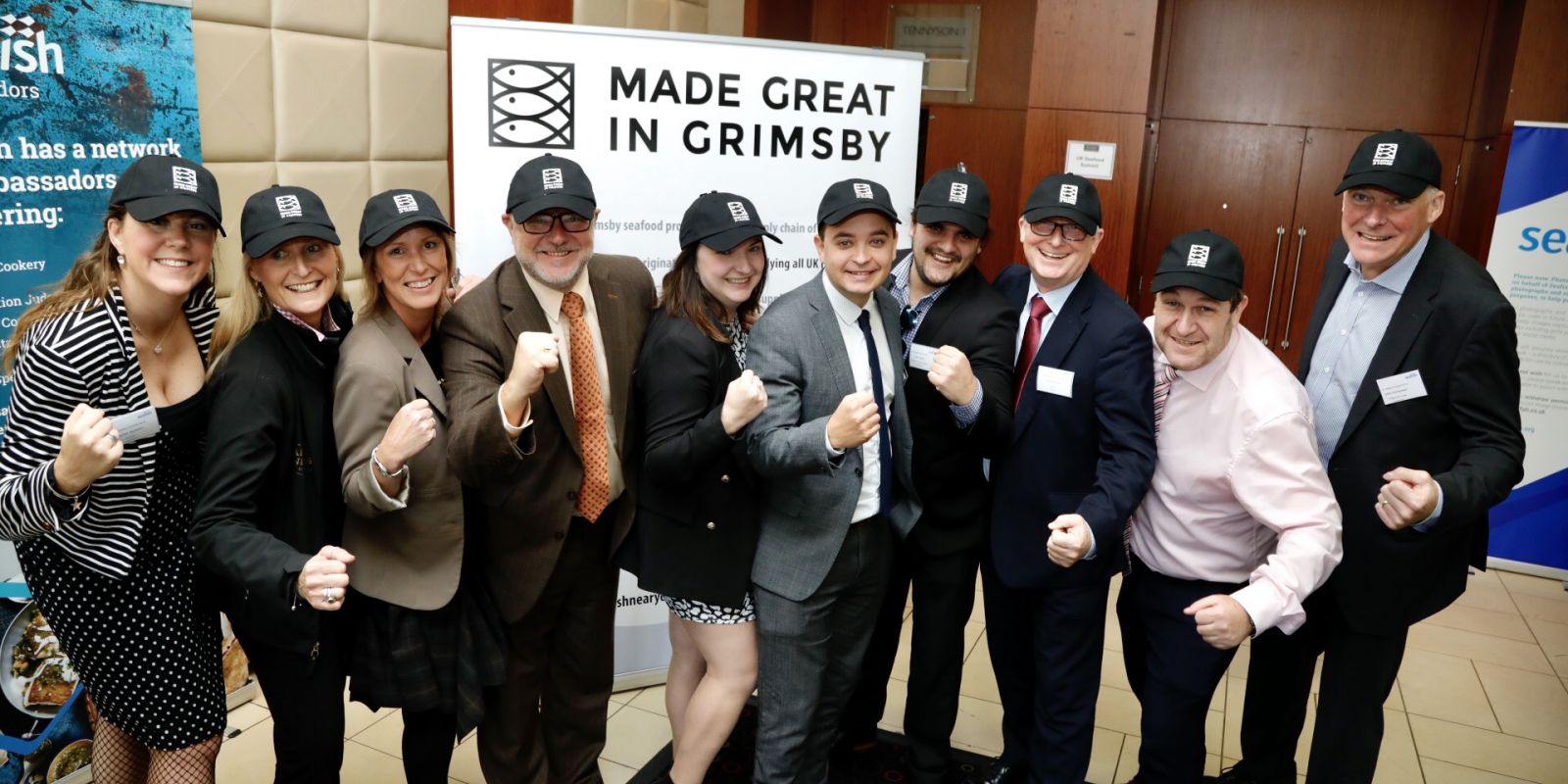Seafood Sector Looks to the Future in the East
BlogsAgrifood consultant Martin Collison sees a bright future for our seafood sector.
Greater Lincolnshire is rightly proud of the fish processing cluster in Grimsby. The acknowledged home of UK fish processing is built on a proud local heritage of fishing and fish processing and, while most fish consumed in the UK is now imported, our fish processing sector in Grimsby remains vibrant and dynamic.
However, too few of us know about the central role Grimsby plays in this sector and the recent launch of the Made Great in Grimsby brand is therefore timely and very welcome. With more than 60 fish processing companies directly employing about 5,000 people and thousands more employed in the wider supply chain, the fish processing sector is vital to the North East Lincolnshire economy.
The long-term prospects for the seafood sector are strong as the health benefits are more widely recognised and innovative new fish products are being created by our companies to appeal to busy consumers who also want products which are convenient to use.
The industry’s long-term aim is to increase UK fish consumption by 75% to two portions per person per week by 2040, to meet Public Health England recommendations. This would mean additional sales of over £4 billion per year for fish products in the UK and would guarantee the sector a strong future.
The UK is also leading global initiatives to ensure that our fisheries are sustainable, so we can be assured that our seafood has world-leading traceability and provenance, meaning consumers can buy Grimsby and other UK fish products with confidence.
This growth can already be seen: UK seafood exports to Asia have grown from less than £100m in 2011 to over £300m in 2018 (Seafish, 2019). The largest export growth is being seen in China where UK seafood exports were £140m in 2018, up from just over £20m a decade earlier. Greater Lincolnshire is developing a bilateral trade partnership with China led by Hunan Province on behalf of five South Central Provinces (Guandong, Hainan, Henan, Hubei, Hunan), which collectively have a population of over 300 million people.
Having spent nine weeks in Hunan as part of this partnership in the spring of 2019, my colleague George Collison has seen at first hand that fish is a major industry in Hunan, where they farm 2.7 million tonnes of fish per year (Hunan Agricultural Department, 2019). This is predominantly carp and similar species, about a 12th of Chinese production. Carp and other lake fish are eaten steamed as part of traditional formal Hunan meals, although shellfish, in particular crayfish, is extremely popular and is a common street food at fish barbecues, commonly served alongside oysters and other molluscs.
These traditional foods, though popular, are more suited to formal meals as they are cooked whole, and a large segment of the younger population, the main beneficiaries of economic growth, are moving to the region's cities and increasingly buying western-style convenience foods alongside traditional Chinese food.
As the consumer market continues to grow we predict that the frozen and processed fish market will expand, but for UK producers the key issue will be to recognise the different palate with regard to spices. Hunan cuisine is one of the spiciest in China and has a heavy reliance on pepper so it's likely that processed products would need to appeal to this palate to succeed in the market. The Chinese are also keen on smoked foods, so local Grimsby specialities such as smoked haddock could also find a good niche in the market.
The UK fish processing industry has real growth potential both in the UK and international markets and we look forward to the Made Great in Grimsby brand helping our fish processors realise this potential.
Martin Collison works as an agricultural and agrifood consultant to the Greater Lincolnshire LEP.


